| Resource logo | Resource name & link | Description |
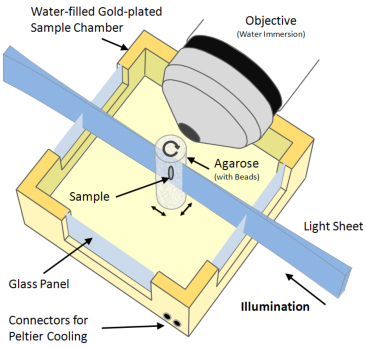 | OpenSPIM Wiki | A wiki describing how to build and operate a simple light sheet microscope. |
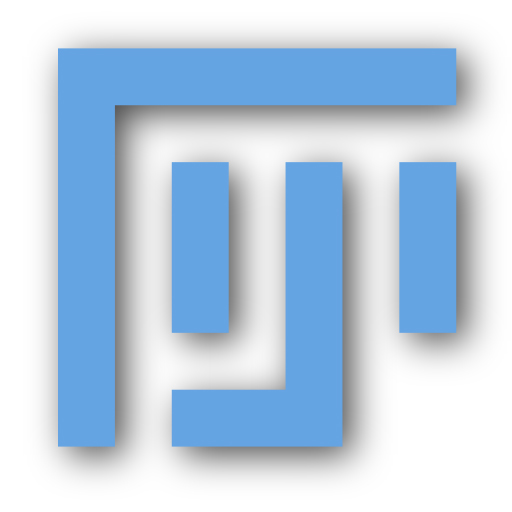 | Fiji (Fiji Is Just ImageJ) | A wiki for powerfull ImageJ distribution called Fiji, which focuses on image analysis in life sciences. We publish all our image analysis projects under Fiji, fully open source, documented and USABLE. We organize a community of talented Fiji developers and host the source code management repository of the project. |
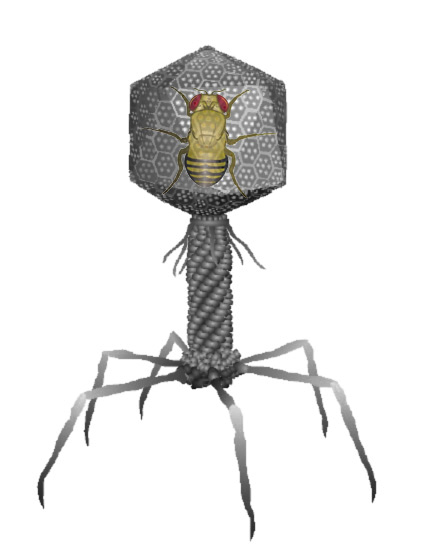 | Transgeneome & FLY2K | Online resource for genomic fosmid libraries for D. melanogaster and D. pseudoobscura and an online voting system for the community to prioritize gene tagging with fluorescent proteins aiming at generating genome-wide collection of tagged fosmid transgenes. |
 | APOGEE | Atlas of patterns of gene expression in Drosophila embryogenesis. A widely used database of gene expression patterns that I established. |
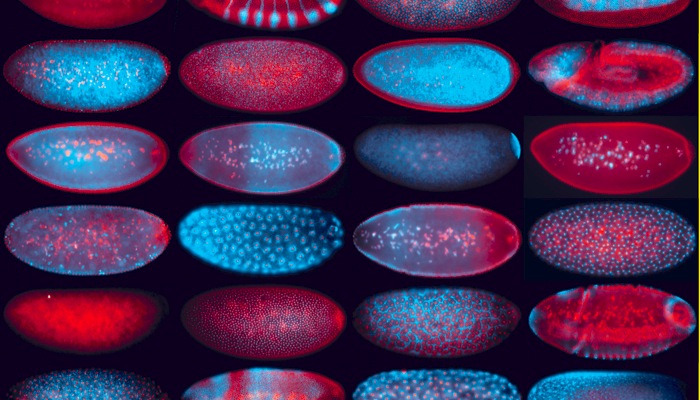 | Fly-FISH | Atlas of patterns of RNA localization in Drosophila embryogenesis. A database companion to Cell paper established in collaboration with Eric Lecuyer. |
Alex Kalinka's R implementation of link communities clustering algorithm based on
Ahn et al. Nature 466 2010 see also here and here
is now available on CRAN:
http://cran.r-project.org/web/packages/linkcomm/index.html
For details see the Bioinfomatics paper:
http://bioinformatics.oxfordjournals.org/content/early/2011/05/19/bioinformatics.btr311.abstract
| Meeting Poster | Description |
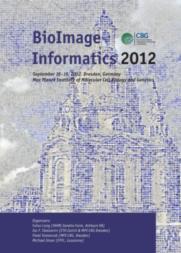 | An installment of annual Bioimage Informatics conference held for the first time in Europe - Dresden. Organized by Pavel Tomancak, Ivo Sbalzarini, Fuhui Long and Gene Myers. The theme was bringing computer science and biology together in the area of biological image analysis. |
 | 51st Annual Drosophila Research Conference Workshop on Image Analysis for Drosophila research Organized by Pavel Tomancak and Uwe Ohler (Duke University) during the annual flymeeting in Washington April 7th-11th 2010. We are planning a session that will highlight the recent advances in biological image analysis for or inspired by the research on Drosophila model system. We want to put emphasis on accessible explanations of algorithms and approaches used by computer scientists to solve image analysis problems and to inform the biological audience at the meeting about available tools that implement these algorithmic advances. We envision that the speakers at the workshop would be practitioners of biological image analysis coming from computer science background, with an ability to explain CS concepts to biologists. |
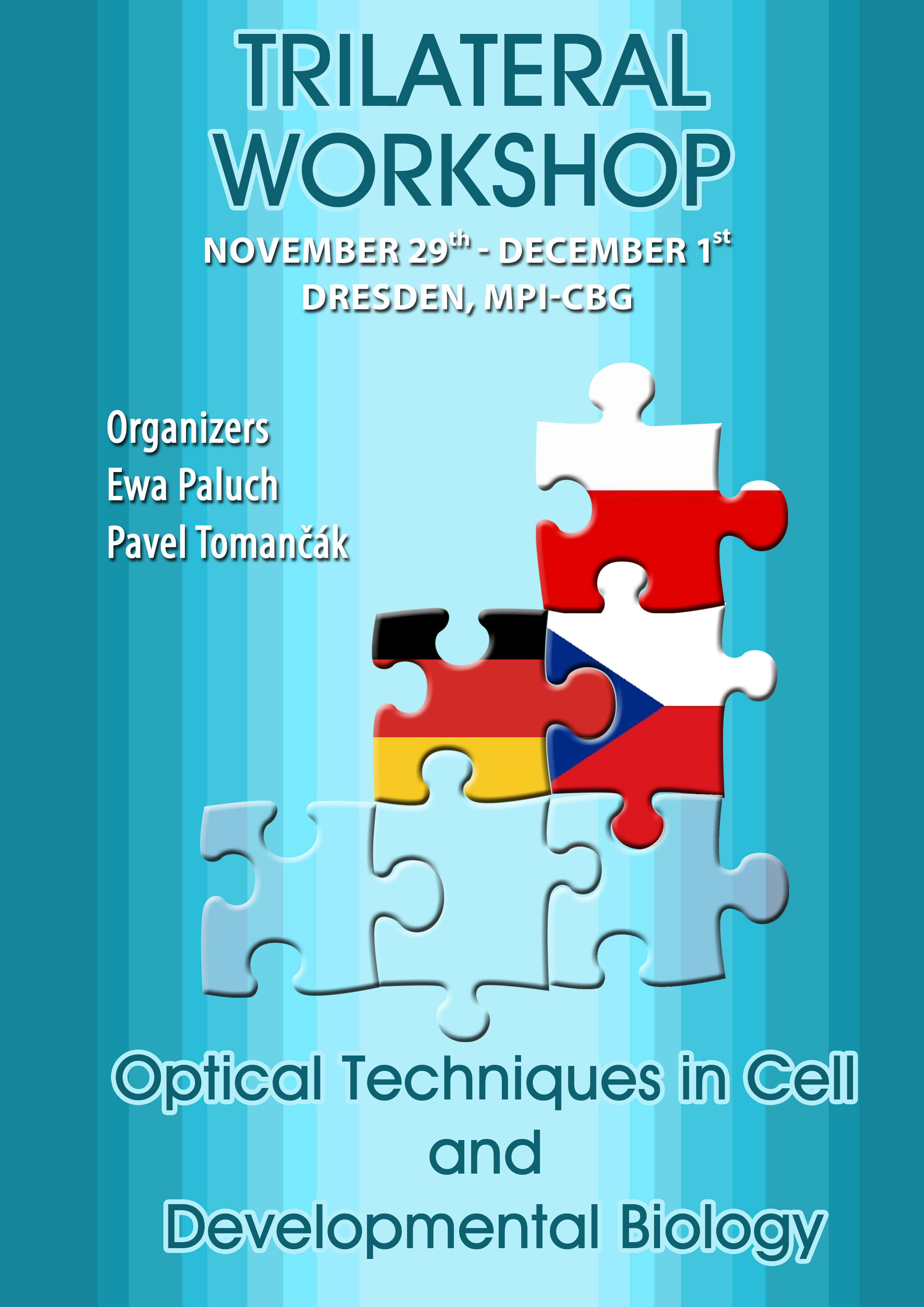 | Tri-Lateral Workshop for Young Scientists from Germany, Czech Republic and Poland Optical Techniques in Cell and Developmental Biology Organized by Pavel Tomancak and Ewa Paluch (MPI-CBG) November 29th - December 1st 2009 at the MPI-CBG in Dresden. The workshop will take place at the Max Planck Institute of Cell Biology and Genetics (MPI-CBG) in Dresden, Germany, on November 29 - December 1, 2009. This workshop is part of a series a tri-lateral meetings of young scientists from Germany, Czech Republic and Poland, sharing similar scientific interests or methodological approaches. The aim of the workshop was to bring together cell and developmental biologists who are using advanced imaging and image analysis techniques to address biological questions in various model systems ranging from cell culture to whole organisms. The workshop provided the forum to discuss technical microscopy advances and computational solutions in the context of cutting edge biological research projects. |
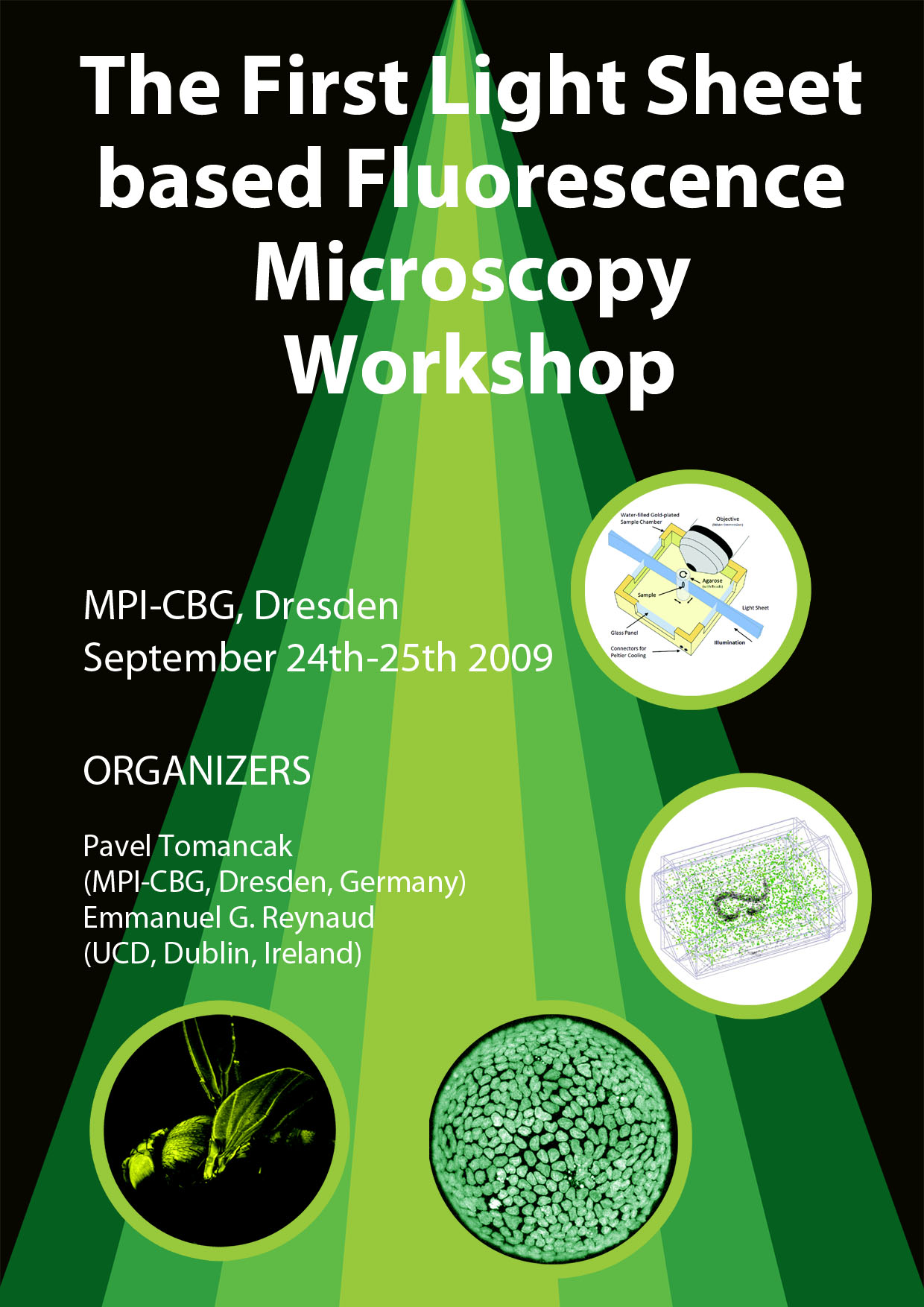 | The First Light Sheet based Fluorescence Microscopy Workshop Organized by Pavel Tomancak and Emmanuel Reynaud (UCD Dublin) September 24th-25th 2009 at the MPI-CBG in Dresden. The aim of the workshop was to bring together the practitioners of Light Sheet based Fluorescence Microscopy (LSFM) from diverse fields of science including the optical engineers, computer scientists and biologists. We intend to organize four sessions that will focus on (1) the design and building of LSF microscopes, (2) sample preparation techniques, (3) image processing of LSFM data and (4) biological applications of LSFM approaches. Each session will be followed by an open discussion moderated by the session chairs. The primary aim of the workshop was to create a LSFM community and start a Wiki web page that will serve as a forum for discussion, sharing of protocols and software and exchange of ideas for future developments. |
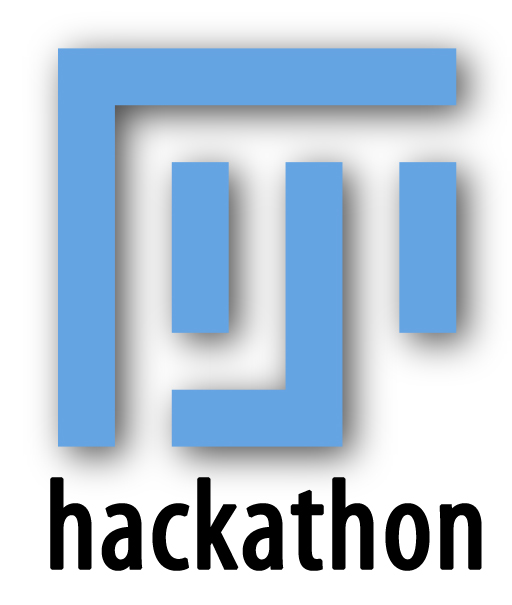 | Hackathon is an meeting of software developers designed to push the progress of an open source project by collaborative programming. In the Fiji project, hackathons are extremely productive one to two weeks coding sprees where Fiji contributors (typically biologists with serious programming skills) work together to push the platform forward while also enhancing their individual research projects in biological image analysis. The hackathons have been initially taking place at the Janelia Farm Research Campus. Other locations include ETH Zurich and EMBL. Dresden hosts the Fiji project and is currently a center of the Fiji universe. We so far organized two hackathons and plan to do so regularly in the future. The main players in the hackathon movement are Albert Cardona (ideas), Johannes Schindelin (organization) and Pavel Tomancak (funding). |